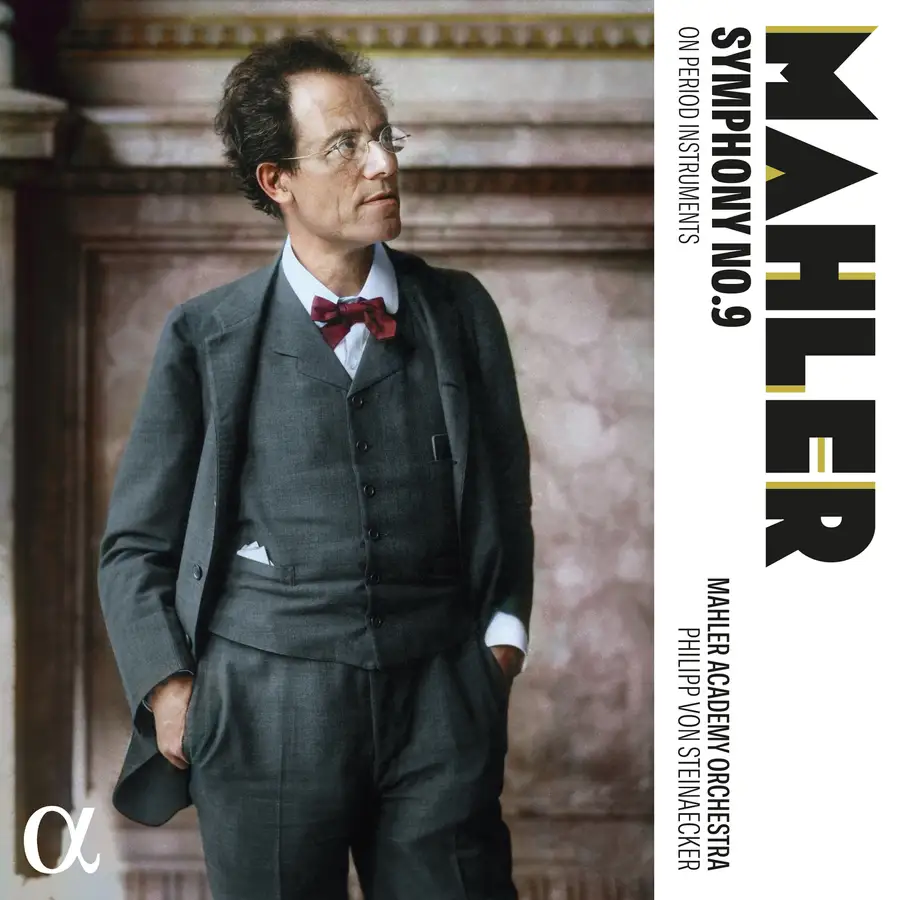Talk DIY: Pro's and Con's
Brief Reviews: Marantz 7c preamplifier
Brief Review: Sun Audio 2A3/300B amps
I started to write a short review on some DIY cables, but the article expanded on its own. Here, I give my views on the role of DIY in audio. They are my honest two cents, but some of these run contrary to popular opinion, so ymmv.
Is DIY in audio the way to go?
In general I have mixed feelings on DIY. Theoretically, I agree DIY is a wonderful thing, a great way to add dimension to the hobby. In practice the majority of the audio DIY people I have met (believe me, there have been many) achieve more in words than in practice. I judge it to be mostly counter-productive for the following reasons, and provide three examples to illustrate my points: - Most of the DIY products I have heard are deficient one way or another, sometimes seriously, rarely striking a fine balance. The more one focuses on boutique components, the more expensive components one employs, the more the likelihood of wayward results. The most important requirements for DIY, as in general, is not skills, but fine ears, good judgement and capability for self-criticism. Electronic and theoretical know-how is very important, but it is not the most important in this hobby that has a tinge of alchemy about it.
Most of the DIY people spend too much time listening to components than music. Changing, running-in and comparing components is extremely time-consuming. Don't tell me that doesn't eat into your listening time. Listening to a few tracks over and over for comparison is not listening, not living - it is hell.
- DIY tests the ego. Yes, we have all met many DIY people who claim they have made something that kicks butt, that beats the shit out of an established product, but have you ever met a DIY person who admits he is mostly failure? Judging from my experience, there should be a lot more of the latter than the former, but alas...The ironic thing is, if music comes first, DIY should not at all be an ego thing, and the least suitable person for DIY is one with a huge ego.
- DIY can cost more. Almost all of the DIY fanatics have bad words to say about manufacturers. While it is true for the same money you can build something with much "higher grade" components, there is no guarantee that it will sound good, or even balanced. And there is little resale value. Expensive components add up quickly in cost. It is just as easy to end up with many machines, a huge number of components and no music than to arrive at nirvana.
- Example - Marantz 7c (pic from Audio Classics) I think it is apt to cite just some examples to support my observations. The Marantz 7c must be the most popular choice for DIY preamplifier. Over the years I have listened to dozens of DIY efforts, some costing more than the real vintage thing or the re-issued version, and that is expensive! Many "improved" on the original circuit, often beefed up the power supply or even switched to tube rectification and regulation. In fact, for a year or two, when I fist came back to HK, I lived with a DIY version commissioned by me and built by my electronically savvy student using a cheap case, point-to-point wiring and good but inexpensive components. Sometimes I'd change a cap here and a wire there, though nothing excessive. Then I came across those much more "serious" efforts. To sum the whole thing up, my cheap one did not at all fare badly - at least it sounds balanced. Most of the over-built and over tweaked ones sound oddly disengaging, even incoherent. And certainly none came close to the original, which I happen to own! The original may not be the last word in every department (especially in dynamics) but it has a musicality that somehow eludes all of the imitations. Even the re-issue version made by VAC, which adheres much to the original (except understandably for parts) is much better than most of the DIY versions I have heard. In passing, I'd like to note that earlier ARC preamps that use 12AX7 have been said to be based on the Marantz 7c.
- Example - Sun Audio 2A3/300B amplifier Back a decade ago, through my yahoo forum, I must have played a role in the popularization of Sun Audio kits, particularly in HK. I must say I have never met a Sun user who doesn't like his amp. But in the forum, where there are a lot of DIY people, including some well known figures, the very simple design did meet with various criticisms. Some of the people built kits by another kit maker (say kit B) and made every conceivable upgrades recommended by a respected electronic guru. A friend had a fully decked out kit B that used all manners of chokes and it went up against my Sun Audio. I personally feel, despite the simplicity, the Sun more than held its own. If not for my awkward position I'd call the Sun the outright winner. I wanted to support kit maker B and so did not really fully air my opinion. And what do I know about circuits to argue with the guru, who I also happen to like? As much as I respect electronic know-how, the experience taught me to keep an open ear, to say the least! My convictions were further strengthened when, over many years, I heard many decked out and not inexpensive DIY amps went up against the Sun amps. I am sorry to tell you all of them did not sound as musical. Now, I know fully well the Sun amps are not the ultimate in anything, and they are not cost-no-object designs to begin with, but they have continued to hold up amazingly well over the years. The designer had used his ears well and balanced things deftly to make simple yet engaging statements, thereby trumping much DIY grandiosity in the process. That is something called "art", which the majority of DIY people fail to understand.
- Example - DIY loudspeakers At the risk of incurring much wrath, I have to say the most difficult thing to DIY is the loudspeaker, particularly conventional designs. As an example, II have met people who use the most expensive Dynaudio drivers and crossover components and put them into DIY cabinets to produce the most atrocious and unlistenable sounds I have heard. So, DIY multi-driver boxed speakers are a no no. Big horn assemblies fare better, as the midrange and treble drivers and horns don't really need housing and one only needs woofer enclosures (some even do without). Wideband drivers are also more likely to succeed, though it is by no means guaranteed. In the end, very few DIY loudspeakers (if any) are satisfactory in my experience.
When to DIY?
All that said, let it not be misunderstood that I am all against DIY. Truth is, I admire many facets of DIY but also find much, too much, that is disturbing (same with manufacturers).In the end, cheap and Here are aspects of DIY that prove rewarding in my experience:Build something that is not available I can never agree with people who build a "replica" of something that is available. Aside from Marantz 7c, few of the replicas I have heard (and they number in the hundreds) have personality. It can be based on the circuit of Matisse Atom, Jadis JP80 or whatever, but they all sound the same, sterile and devoid of character. Almost all miss the characters of the originals. Why target something to attempt to knock it down? Why does one have to prove he is better than the original designer? Build something new! It can be a brand new design. It can be a variation so that rare tubes like the WE275a, 205D, or 50, can be used. Come to think of it, time for me to do that for my WE275a tubes with one of my surplus Sun amps.
Make use of valuable but cheap old parts Forget about 12AX7, 6SN7 and 6DJ8 and use cheap and unrecognized tubes. Is that not the original intent of DIY, to make something cheap and cheerful? Why fight with the huge number of people who use these tubes? Why build another TDA1541 DAC? Why be so common if you have to DIY?
Judicious replacement of parts Since I have great respect for vintage equipment, my view on modification is guarded. I can never agree with modifying now expensive classics. They are expensive for a reason. Yes, replace what is necessary but no more. But there are a whole lot of inexpensive vintage equipment that would benefit from full restoration and modernization, to bring them back to life. Among modern equipment, DACs probably benefit from part replacement the most. I have heard a few DACs with upgraded OS-CONs and they do seem to work (I am more guarded when it comes to clocks). In general, the word here is "judicious", not "wholesale".
















No comments:
Post a Comment